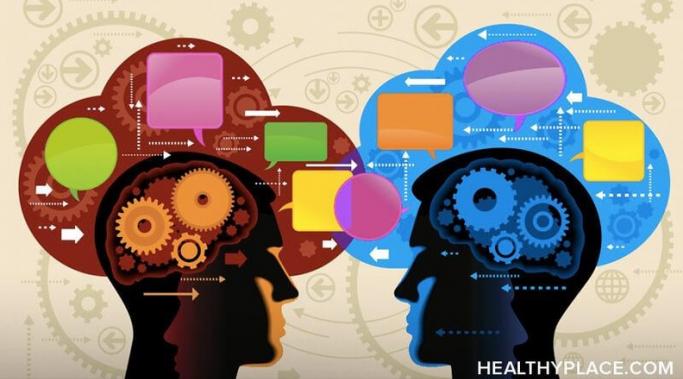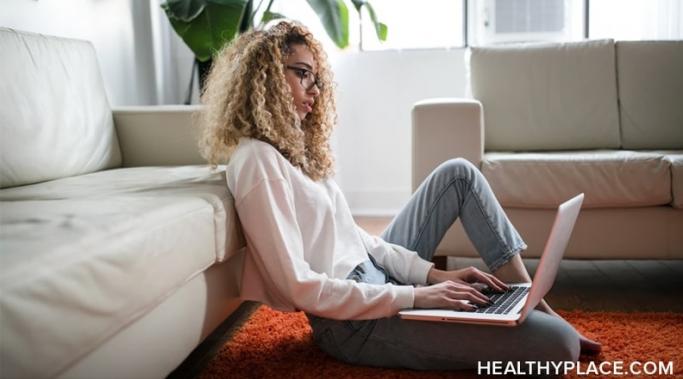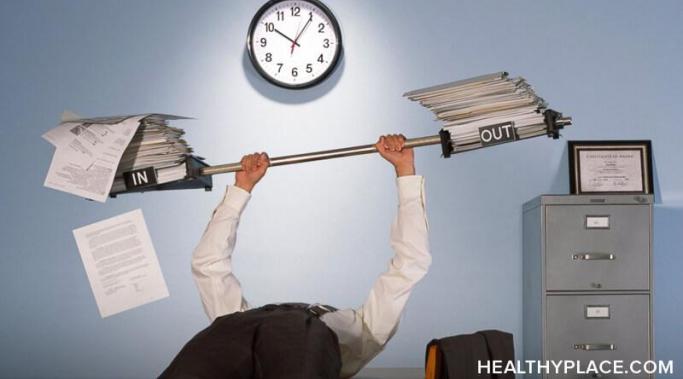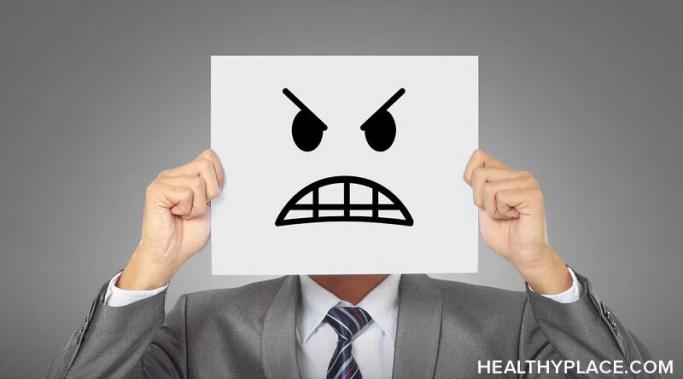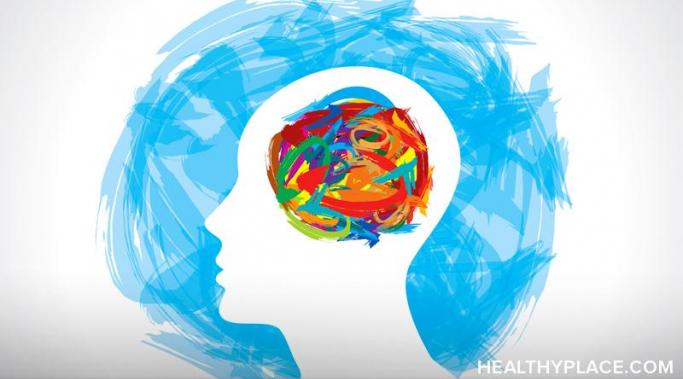Technology is no doubt distracting. Our phones are constantly buzzing with notifications, and apps are vying for our attention so they can increase their revenue from advertisers. Shows are increasingly binge-worthy, video games have evolved to the graphical fidelity of live-action films, and the endless sea of content gets larger and larger each day. For people with attention-deficit/hyperactivity disorder (ADHD), who already struggle to focus, the engrossing pull of technology is all the stronger.
ADHD Treatment
Living alone has either been the best thing for me or the worst, and it fluctuates often. As an adult living with attention-deficit/hyperactivity disorder (ADHD), it's easy to stray from the task at hand or spend a whole day doing nothing, which is why I strive to make my apartment ADHD-friendly.
I'm a person on the Internet, which means large corporations like Google and Facebook have likely collected enough data on me to recreate me as a Metaverse AI. The benefit of this is that my social media feeds are finely tuned to align with my interests, and Instagram recommends me products that I can't afford but definitely want. That said, I sometimes worry that the algorithms know me too well, especially when TikTok started showing me video after video of people discussing their attention-deficit/hyperactivity disorder (ADHD).
Almost every day, I tell myself I'm going to start work at 9:00 a.m. and be productive. Almost every day, I'm disappointed with myself. In my head, I'm a person with a million ideas, a million goals, and a million ways of making things happen. In practice, I'm easily distracted by, well, basically everything. It's frustrating. I want to push myself. I want to do amazing things, but I regularly find myself lying on the couch watching YouTube videos and barely paying attention. I struggle to be motivated.
After years of my voicemails going unanswered, high co-pays, and failed medications—I'm finally at a place in my life where I'm getting quality mental health care. I'm finding success with my attention-deficit/hyperactivity disorder (ADHD) medications. But I want to caution you: this didn't come without great persistence. I've spent 15 minutes on hold with my insurance only to discover my behavior health care coverage wasn't through them. And I've called many offices just to be out of network. Because I've had my fair share of crappy experiences, doctors, and ADHD medication, I came up with a list of six tools and mindset shifts that helped me reach success with ADHD medication that I hope can benefit you.
Treating attention-deficit/hyperactivity disorder (ADHD) can feel like having a full-time job. In fact, I find it difficult to navigate a “regular” job while also figuring out how best to treat my ADHD. If being a parent to the child with the condition feels like a full-time job and then some, it’s safe to say that having ADHD as an adult can also feel overwhelming.
Medication for attention-deficit/hyperactivity disorder (ADHD) is not as easy to obtain as people seem to think. Doctors consider stimulants to be some of the most effective ways to treat ADHD. However, in the United States, these stimulants are controlled substances that are regulated by federal law, particularly the Controlled Substances Act (1970). Recently, I bumped up against some of these regulations and spent the day traveling around in search of the right medication.
Around half of the children diagnosed with attention-deficit/hyperactivity disorder (ADHD) also have oppositional defiant disorder (ODD).1 Oppositional defiant disorder is considered a childhood disorder and is a hard diagnosis to grasp, so here I will address a few of my own questions about the condition: What is ODD? How does it develop? What is ODD's connection to ADHD? Can it occur in adults? Most importantly, how can it be treated?
Attention-deficit/hyperactivity disorder (ADHD) and creativity are frequently linked. It makes sense that ADHD’s surplus of ideas, emotions, and energy might result in creative expression. Growing up, I had a hard time deciding what kind of art to pursue. I danced, acted, played the violin, wrote stories, and littered the house with drawings. It is no surprise that a number of composers (George Gershwin), artists (Leonardo da Vinci), and actors (Ryan Gosling) either have or are speculated to have had ADHD. Let us explore some good things about ADHD, such as why ADHD and creativity are linked and how making art benefits the ADHD brain.
Successfully treating attention-deficit/hyperactivity disorder (ADHD) in adults involves a lot of trial and error. Though I wish that choosing the best ADHD treatments were a simple one-off, finding the right medication, therapy, and coping skills requires perseverance and adaptability. There is no one-size-fits-all treatment. Unfortunately, this process is often counterintuitive for those with ADHD, so I will provide a few tips for coming to terms with the day-to-day necessity of trial and error for successfully treating ADHD in adults.
